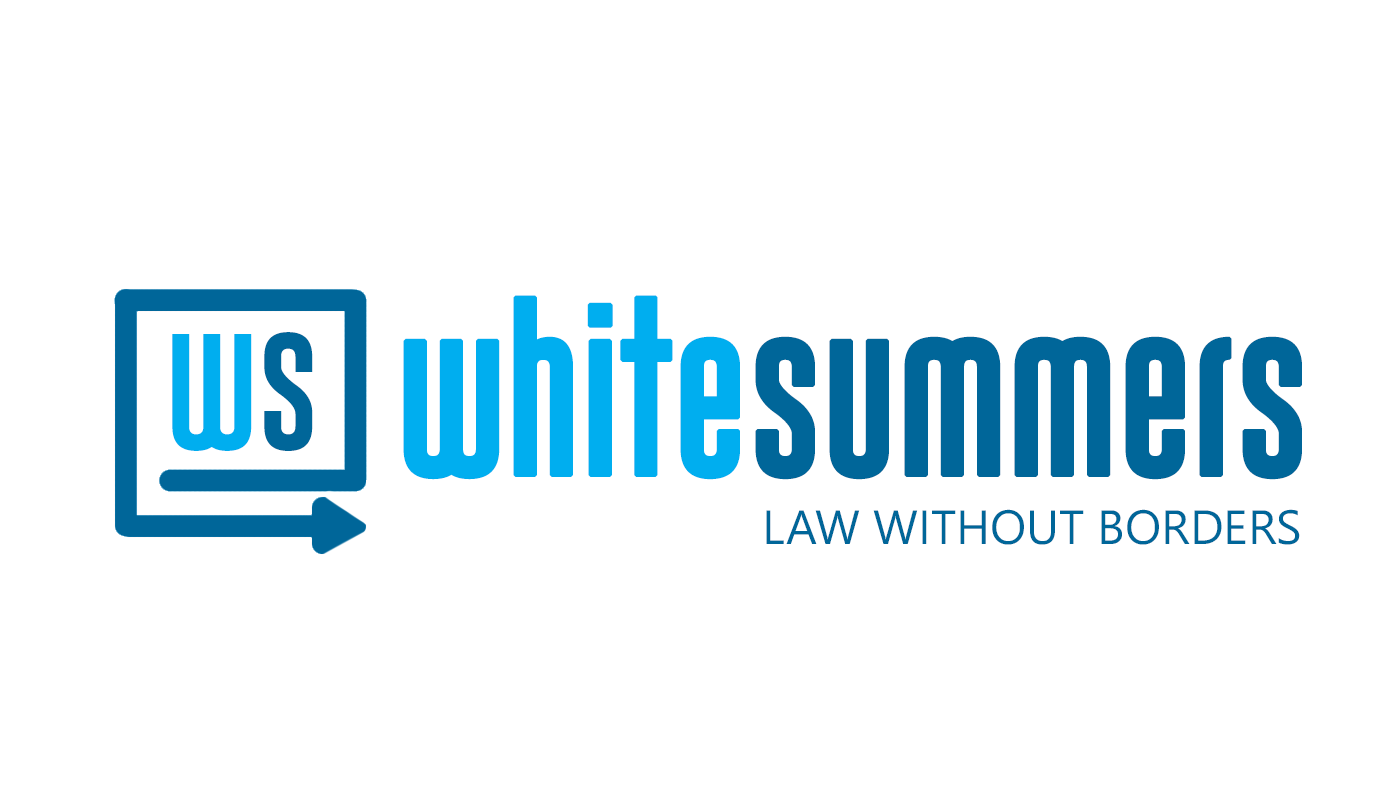Generally speaking, if a company is targeting angel investors, and especially if the idea is to get a group of angel investors to participate on substantially the same terms, it is fairly typical to approach these investors with a company-prepared term sheet.
Note, however, that in a bridge (convertible note) financing, and if the amount requested from each angel investor is small, it may be prudent to skip the term sheet step altogether, and to present investors with a draft convertible promissory note instead of a term sheet. This can save time and costs. In an equity financing, the simplest of which are still more complex than an average bridge financing, a term sheet may be unavoidable.
Approaching venture capital firms with a term sheet, unless it's for a follow-on financing on terms from the previous round, is unlikely to be beneficial. In fact, if anything, it might hurt the startup: the venture capital firm that will lead the round will prepare its own term sheet, but if the startups presented its own term sheet with concessions (investor-favorable terms), those investor favorable terms are very likely to be incorporated into the term sheet ultimately presented by the venture capital firm, even though it may not be a standard term for that stage of financing for the fund.
Stage of Financing: First Financing vs. Successive Financing
In the context of a rolling bridge financing, once the first investor has invested, the terms of that investment can be used as a benchmark with other investors that the startup targets. If there is a shift in leverage, making it easier to the startup to raise money (as it gains traction, for instance), the terms might stay substantially, but not exactly the same, with the valuation cap increasing or falling away entirely, as an example.
The first time that a company raises funding through the sale of equity (stock financing), negotiating the right terms is of utmost importance. The bulk of the terms will stay the same, or get worse, through successive rounds. The only term that will, hopefully, improve is valuation. But the control terms will, at best, stay the same, and very commonly will get more complicated and cumbersome as more investors are involved.
When a startup is doing well, and has supportive existing venture capital investors, who are going to invest in the new round, it is quite typical for the startup to mark-up the term sheet from the last round of financing and to use that as the starting point for negotiations with the new investor. The support of the existing investor cannot be understated in this situation. When Accel, Kleiner Perkins, Sequoia or Andreessen Horowitz (it certainly helps to have a first tier VC as an investor) tell the new investor that they like the terms from the prior round and expect them to stay substantially the same in this round, that's what happens.
Where Does a Startup Get a Term Sheet?
Of course, your attorney will be happy to provide you with a term sheet, drafted for your specific needs. No amount of reading insightful blog posts, such as this one, will fully replace consulting with a knowledgeable startup attorney. But if you are not going to be using your attorney for this, or if you would just like to educate yourself about term sheets before talking to an attorney or to investors, here are some resources:
Happy company making!
Inna
 | Inna Efimchik, a Partner at White Summers Caffee & James LLP, specializes in assisting emerging technology companies in Silicon Valley and beyond, providing incorporation, financing, and licensing services as well as general corporate counseling. |
Copyright Notice. The copyright for all original content in this post and any linked files is owned by Inna Efimchik. All rights are reserved.
No Attorney-Client Relationship. This post has been prepared by Inna Efimchik of White Summers for general informational purposes only. The information provided herein does not constitute advertising, a solicitation or legal advice. Neither the availability, transmission, receipt nor use of any information included herein is intended to create, or constitutes formation of, an attorney-client relationship or any other special relationship or privilege. You should not rely upon this post for any purpose without seeking legal advice from licensed attorneys in the relevant state(s).
Compliance with Laws. You agree to use the information provided herein in compliance with all applicable laws, including applicable securities laws, and you agree to indemnify and hold Inna Efimchik and White Summers Caffee & James LLP harmless from and against any and all claims, damages, losses or obligations arising from your failure to comply.
Disclaimer of Liability. ALL INFORMATION IS PROVIDED AS-IS WITH NO REPRESENTATIONS OR WARRANTIES, EITHER EXPRESS OR IMPLIED, INCLUDING, BUT NOT LIMITED TO, IMPLIED WARRANTIES OF MERCHANTABILITY, FITNESS FOR A PARTICULAR PURPOSE AND NONINFRINGEMENT. YOU ASSUME COMPLETE RESPONSIBILITY AND RISK FOR USE OF THE INFORMATION IN THIS POST.
Inna Efimchik expressly disclaims all liability, loss or risk incurred as a direct or indirect consequence of the use of any information provided herein. By using any information in this post, you waive any rights or claims you may have against Inna Efimchik and White Summers Caffee & James LLP in connection therewith.
It’s very excellent information
ReplyDeleteKarina
I will wait for your next post!
ReplyDeletePoppy
Useful Information.. kindly visit our website for information about Draft Term Sheet
ReplyDeleteWhat Must an Investment Term Sheet Include for Investing in a Start-Up?: Investment term sheets are just like contracts between investors and companies. They contain all the terms, agreements, and regulations associated with the deal. It depends on whether you're investing in a company with its own capital, or in a seed capital program in which investors provide funding, whether you're investing in a term sheet.
ReplyDelete